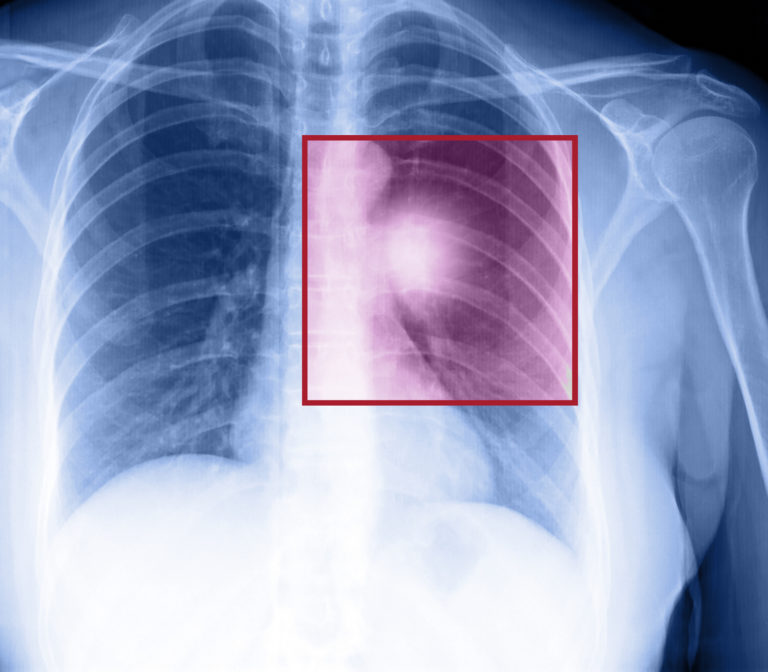Diagnosing any cancer in its early stages always improves prognosis. Therefore, being aware of symptoms and undergoing age and risk-appropriate screenings when and where available can improve the odds of survival for many cancer patients. Lung cancer typically has very few symptoms in its early stages. By the time individuals realize anything wrong, their cancer has already entered an advanced stage.
Dr. David Gerber, associate professor of internal medicine and clinical sciences at UT Southwestern Medical Center says, “Many tumors in the lung never cause much symptoms, and that is why, without screening, almost ¾ number of patients have cancer which is too advanced for surgery as it has already spread”. Doctors usually catch the early stage of lung cancer by accident. For example, a doctor might be administering a chest X-ray for a fracture but accidentally catches the growing cancer.
Lung cancer has nonspecific symptoms, and could indicate many other less serious conditions. If you are a chainsmoker then you are probably used to a persistent cough, hoarseness, wheezing or even shortness of breath occasionally. So you may even avoid seeing your doctor for these symptoms. As a matter of fact, if you seek medical attention after you start feeling the pain, then lung cancer is already past the early stage.
Dr. David Carbone, medical oncologist and director of the Thoracic Oncology Center at The Ohio State University Comprehensive Cancer Center – Arthur G. James Cancer Hospital and Richard J. Solove Research Institute says, “Since there are no nerve endings in the lungs, you can have a lot of tumors growing inside your lungs without you even noticing it. A large number of lung cancer patients are usually diagnosed from different symptoms after the cancer has already spread [metastasis] to various other parts of their body, such as their liver or even spine.”
In fact, new and unexplained back pain is a crucial sign to look for. Gerber mentioned “If a person who has had a history of lung cancer develops a new and sudden back pain, we should not take it lightly and get an image of it quickly just to make sure the cancer has not reached the spine. Lung cancer is considered to be one of the most common cancers to cause bone metastases which most commonly metastasizes to the spine”. Gerber further adds that, “This tends to be very painful. There is a lot of blood flow to the spine and now there is [also] a tumor in that tiny space.”


Comments are closed.